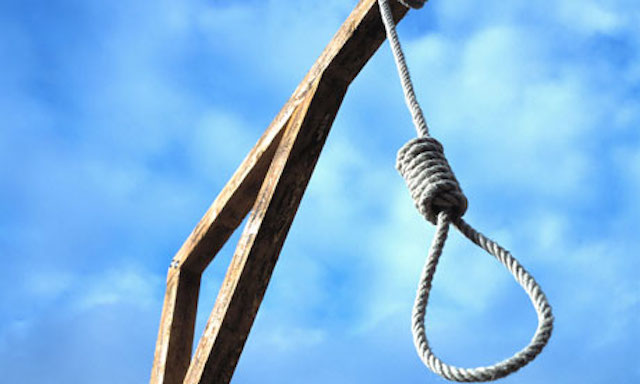By Editor
With the unanimous votes by Sierra Leone’s Parliament to abolish the death penalty, Sierra Leone would be the 23rd country in Africa to abolish the death penalty, if President Julius Maada Bio signs the Bill into law.
And the chances are high that the President would sign the Bill because, after its passage by the lawmakers, Bio thanked the citizens, members of parliament, and rights groups, saying they had “steadfastly stood with us to make history.”
During the lively debate in the 146-seat legislature on Friday, Mathew Nyumah, the parliamentary leader of the governing Sierra Leone People’s Party, urged lawmakers to vote for abolition.
“Please understand this is something we are sacrificing to meet international best practice,” he said.
Meanwhile, since Nigeria returned to democracy in 1991, death sentences are often given, but rarely executed. Although Minister of the interior, Rauf Aregbesola, just days back, asked state governors to sign death warrants of condemned criminals.
After 2006, no executions took place until June 2013, when four prisoners on death row were hanged, although about a thousand other condemned prisoners were awaiting execution at the time.
The next executions occurred in 2016 when three men were hanged for murder and armed robbery.
On December 17, 2014, after being found guilty of conspiracy to commit mutiny, 54 Nigerian soldiers were sentenced to death by firing squad.
The trial was held secretly by a military tribunal.
The use of the death penalty in Nigeria has generated debate. In October 2014, former Delta State Governor, Dr. Emmanuel Uduaghan pardoned three inmates, who were on death row, following the State Advisory Council’s recommendations on the Prerogative of Mercy.
In 2017, the Nigerian government rejected calls by Amnesty International to halt the planned execution of some inmates in Lagos State.
In May 2020, during the Coronavirus pandemic, a court in Lagos used a video conferencing application to issue a death sentence.

